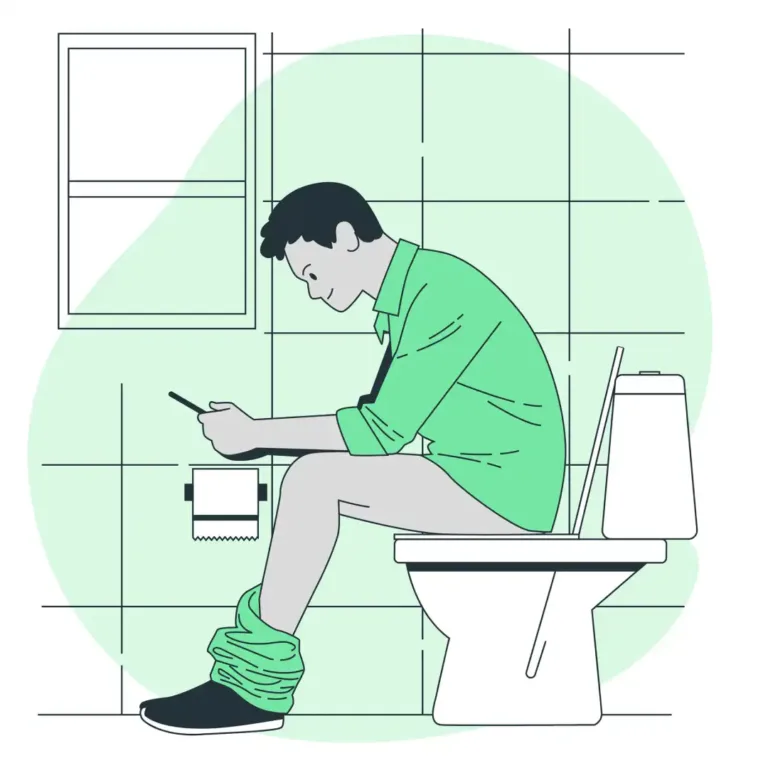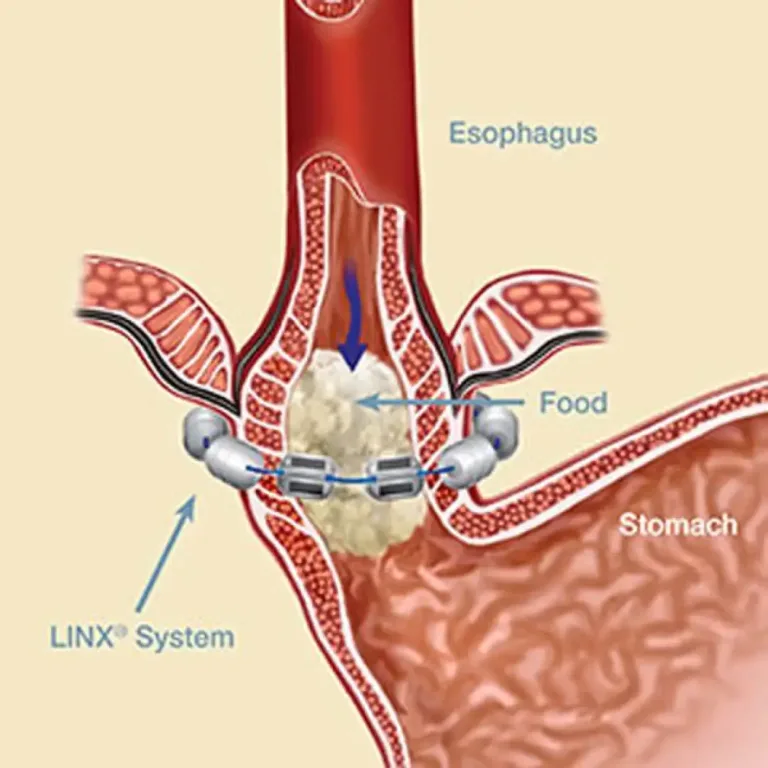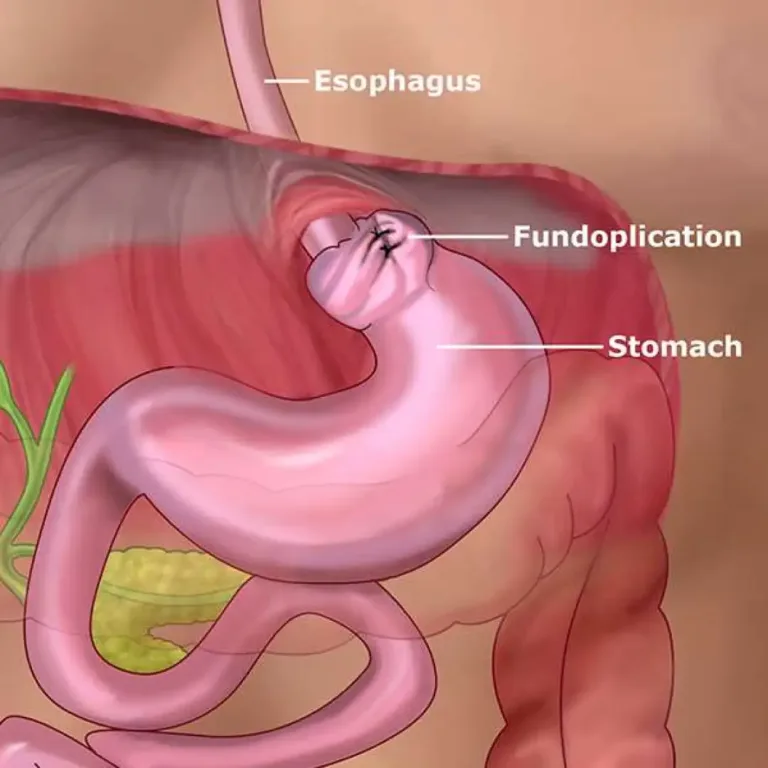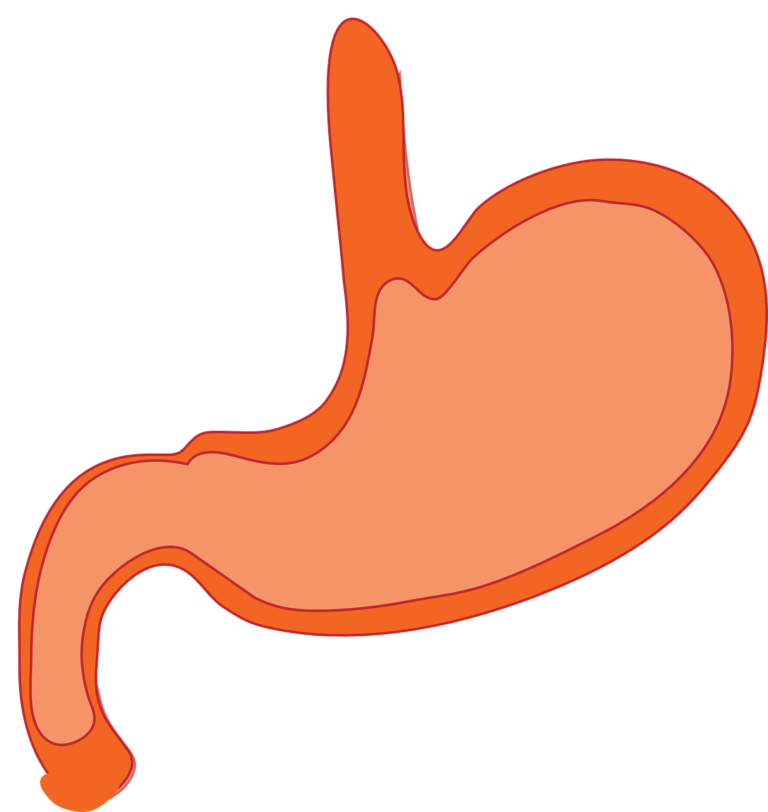Digestive problems are common, and many people experience symptoms such as bloating, abdominal pain, and changes in bowel habits. However, it can be challenging to discuss these symptoms with your doctor, especially if they are embarrassing or uncomfortable to talk about. In this article, we will provide tips for patients on expressing their digestive concerns to their doctor effectively.
Be honest and open
It’s essential to be honest, and open with your doctor about your digestive symptoms. Don’t be embarrassed or ashamed to discuss your symptoms, as they are common and can be treated. Your doctor needs to know about your symptoms to diagnose and treat your condition accurately.
Keep a symptom diary
Keeping a symptom diary can help you track your symptoms and provide your doctor with valuable information. Note down what you eat, when you experience symptoms and the severity of your symptoms. This information can help your doctor diagnose your condition and determine your best treatment plan.
Be specific
When discussing your digestive symptoms with your doctor, be specific about what you are experiencing. For example, describe the pain’s location, the discomfort’s severity, and any associated symptoms such as nausea or diarrhoea. Being specific can help your doctor understand your symptoms and diagnose your condition accurately.
Ask questions
Don’t be afraid to ask your doctor questions about your digestive symptoms. Ask about possible causes, diagnostic tests, and treatment options. Understanding your condition and treatment options can help you feel more in control of your health.
Discuss your medical history
Your medical history can provide valuable information about your digestive symptoms. Be sure to discuss any previous digestive conditions, surgeries, or medications you are taking with your doctor. This information can help your doctor diagnose and treat your condition accurately.
Follow up with your doctor.
The treatment for non-cardiac chest pain depends on the underlying cause. If the pain is due to muscular problems, rest and pain relief medication may be recommended. Spinal disorders may require physical therapy or surgery. Lung diseases may require medication or oxygen therapy. Anxiety, depression, or panic attacks may be treated with therapy, medication, or relaxation techniques.
In cases where chest pain is caused by GERD, oesophageal muscle relaxants and medications, such as proton pump inhibitors, may be prescribed. In some cases, botox injections may be used to relax the muscles of the oesophagus. Neuromodulators, such as amitriptyline tablets, may be used to treat the pain associated with non-cardiac chest pain.
In conclusion, non-cardiac chest pain can have a wide range of causes, and it is important to seek medical attention if you experience sudden chest pain. Your doctor can perform tests to determine the underlying cause of the pain and recommend appropriate treatment.





